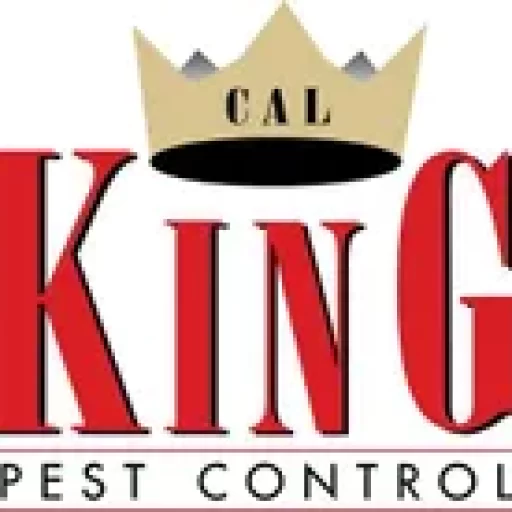Professional Pest Control vs. DIY:
When to Call in the Experts

Pest infestations can be a homeowner's nightmare, ranging from annoying ants in the kitchen to more serious issues like termite damage or rodent invasions. When faced with these unwelcome guests, you're often confronted with a choice: tackle the problem yourself with DIY methods or call in the experts for professional pest control. In this blog post, we'll explore the factors to consider when deciding between the two, helping you make an informed decision.
DIY Pest Control
Pros:
Cost-Effective: DIY pest control methods are generally cheaper upfront. You can purchase over-the-counter products and tools at your convenience.
Immediate Action: When you notice a pest problem, you can take immediate action without waiting for an appointment with a pest control professional.
Learning Experience: Handling pest issues on your own can be a learning experience, providing valuable knowledge about pest behavior and prevention.
Health Risks: Some DIY pest control products can be hazardous to your health and the environment if not used correctly.
Misidentification: Identifying the correct pest species is crucial for effective control. A misdiagnosis can lead to ineffective treatments.
Cons:
Limited Effectiveness: DIY methods may not fully resolve the problem, especially if you're dealing with a large infestation or a pest that's difficult to eradicate.
Health Risks: Some DIY pest control products can be hazardous to your health and the environment if not used correctly.
Misidentification: Identifying the correct pest species is crucial for effective control. A misdiagnosis can lead to ineffective treatments.
Professional Pest Control
Pros:
Expertise: Pest control professionals are trained and experienced in identifying, managing, and preventing a wide range of pests. They know the most effective methods for each situation.
Customized Solutions: Professionals tailor their treatments to your specific pest problem, ensuring the most efficient and safe approach.
Long-Term Prevention: Pest control companies often provide ongoing maintenance and prevention services to ensure pests don't return.
Cons:
Cost: Professional pest control services can be more expensive than DIY methods, especially for recurring treatments.
Scheduling: You may need to wait for an appointment, which can be inconvenient if you have an urgent pest problem.
Chemical Use: Some professional treatments may involve chemicals, which can raise concerns about safety and environmental impact.
Continued:
When to Call in the Experts:
Severe Infestations: If you’re dealing with a widespread or severe infestation, professional pest control is often the most effective way to address the problem.
Recurring Issues: If pests keep coming back despite your DIY efforts, it’s a sign that the underlying issue isn’t being fully addressed.
Health and Safety Concerns: Certain pests, like stinging insects, rodents, or those that carry diseases, can pose health risks. In such cases, it’s safer to let professionals handle the problem.
Structural Damage: Pests like termites or carpenter ants can cause significant structural damage to your home. Professionals are equipped to assess and address such issues.
Lack of Expertise: If you’re unsure about the type of pest you’re dealing with or the most effective treatment, it’s better to consult with experts to avoid missteps.
Time and Convenience: If you have a busy schedule and lack the time to research, purchase, and apply DIY treatments, professional pest control can be a time-saving solution.
In conclusion, the decision between DIY pest control and professional pest control should be based on the specific circumstances of your pest problem. While DIY methods can work for minor issues and offer cost savings, professional pest control provides expertise, effectiveness, and peace of mind when facing more significant infestations or concerns about safety and long-term prevention. Ultimately, the best approach is one that ensures your home remains pest-free and your family stays safe and healthy.

